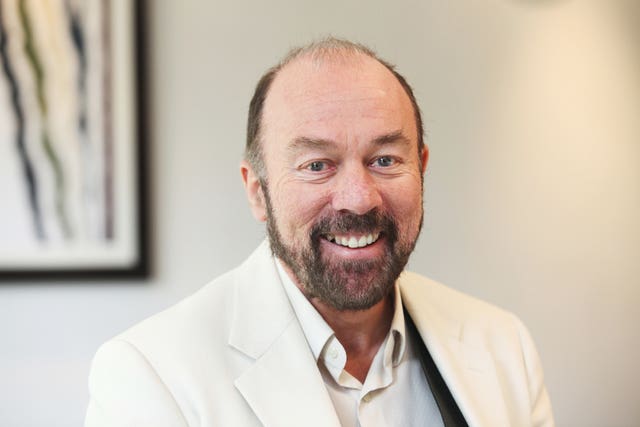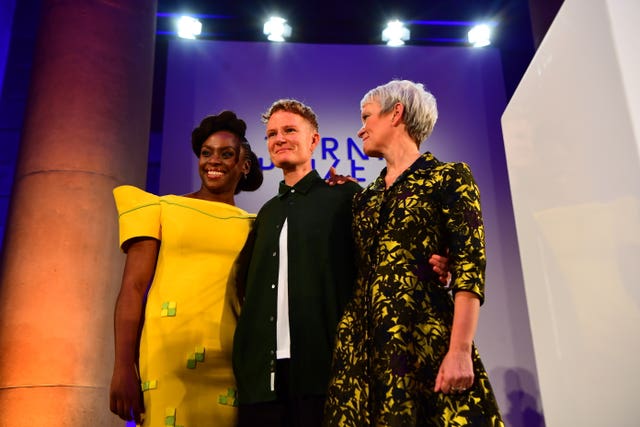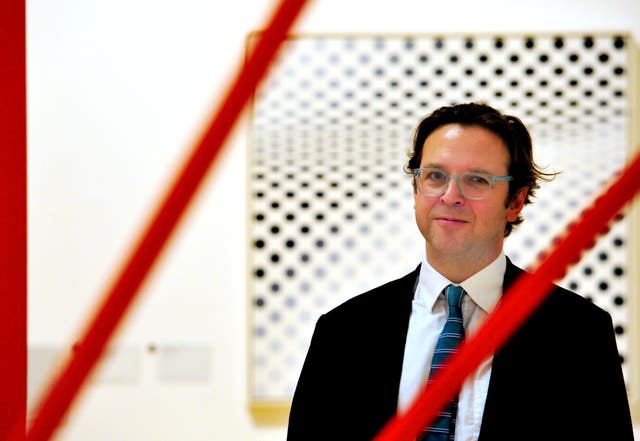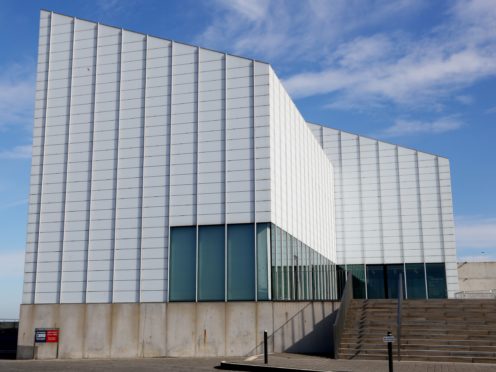The Turner Prize has ended its sponsorship with Stagecoach South East just a day after it was announced, following controversy involving the transport company’s chairman.
Sir Brian Souter unsuccessfully campaigned to keep Section 28, the law which banned teachers and pupils from discussing homosexuality in schools.
He bankrolled the high-profile Keep The Clause campaign against the Scottish Executive’s plans to scrap Section 28.

At the shortlist announcement, the spotlight turned on the decision to pick the bus operator as sponsor of the prize – which will hold its exhibition at Turner Contemporary in Margate.
Turner Contemporary and Tate have now said the sponsorship had been ended by “mutual agreement”.
“Turner Contemporary and Tate’s highest priority is to show and celebrate artists and their work,” they said in a statement.
“The Turner Prize celebrates the creative freedoms of the visual arts community and our wider society.

“By mutual agreement, we will not proceed with Stagecoach South East’s sponsorship of this year’s prize.”
The transport firm said in a statement: “Stagecoach South East has mutually agreed with Turner Contemporary and Tate not to continue with the company’s sponsorship of the 2019 Turner Prize.
“We are absolutely committed to diversity in our company; however, we do not want anything to distract from celebrating the Turner Prize artists and their work.”
When, at the press conference to unveil the shortlist, it was asked if anyone had considered the choice of sponsorship a bad idea, there was an awkward silence.
Tate Britain director Alex Farquharson said that picking a sponsor “is very much a matter for the hosting venue”.

Victoria Pomery, director of Turner Contemporary, said Stagecoach South East was good for the area, adding: “I think the service that they provide is first rate.”
She said she hoped that work shown in its galleries “changes attitudes and mindsets”.
Mr Farquharson later told the media: “I think that’s probably enough on sponsors.”
After announcing the end of the sponsorship, Tate said that it had been unaware of Sir Brian’s views on gay rights when it agreed the deal.
“The relevant legal and financial due diligence was observed. Neither Turner Contemporary nor Tate were aware of the wider issues,” it said.
“All three parties acted quickly to resolve the situation and return the focus to this year’s shortlisted artists.”
And Turner Contemporary said it will “continue to seek support”.
“Whilst Turner Contemporary has many generous supporters, the gallery will continue to seek support for Turner Prize 2019,” it said.
“In a climate of reductions in public investment to the arts, institutions across the UK are facing considerable challenges to deliver exceptional art for everyone.”
Last year’s Turner Prize was won by artist Charlotte Prodger with her film, shot on an iPhone, about “queer identity” and her experience of coming out as gay in rural Scotland.
The controversy comes as a spotlight is thrown on the issue of sponsorship in the arts.
In March, a £1 million donation from The Sackler Trust to the National Portrait Gallery was cancelled, amid the opioid drug crisis in the US.
